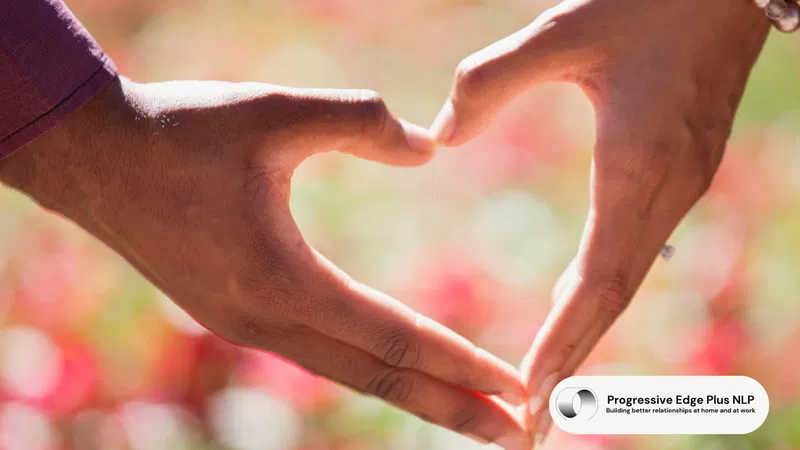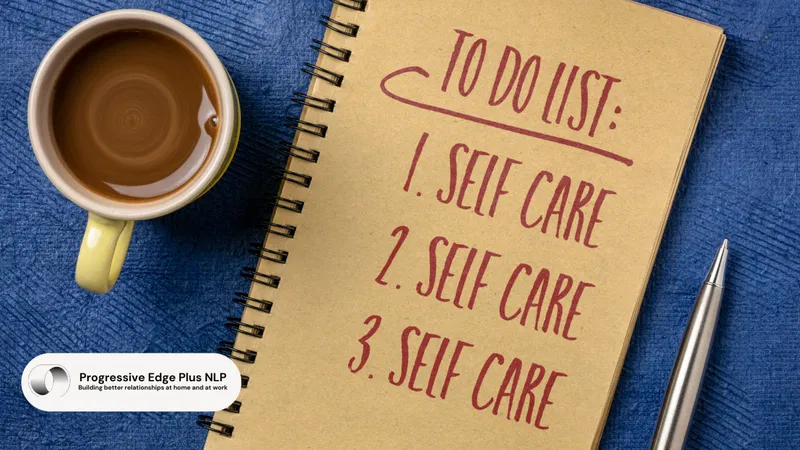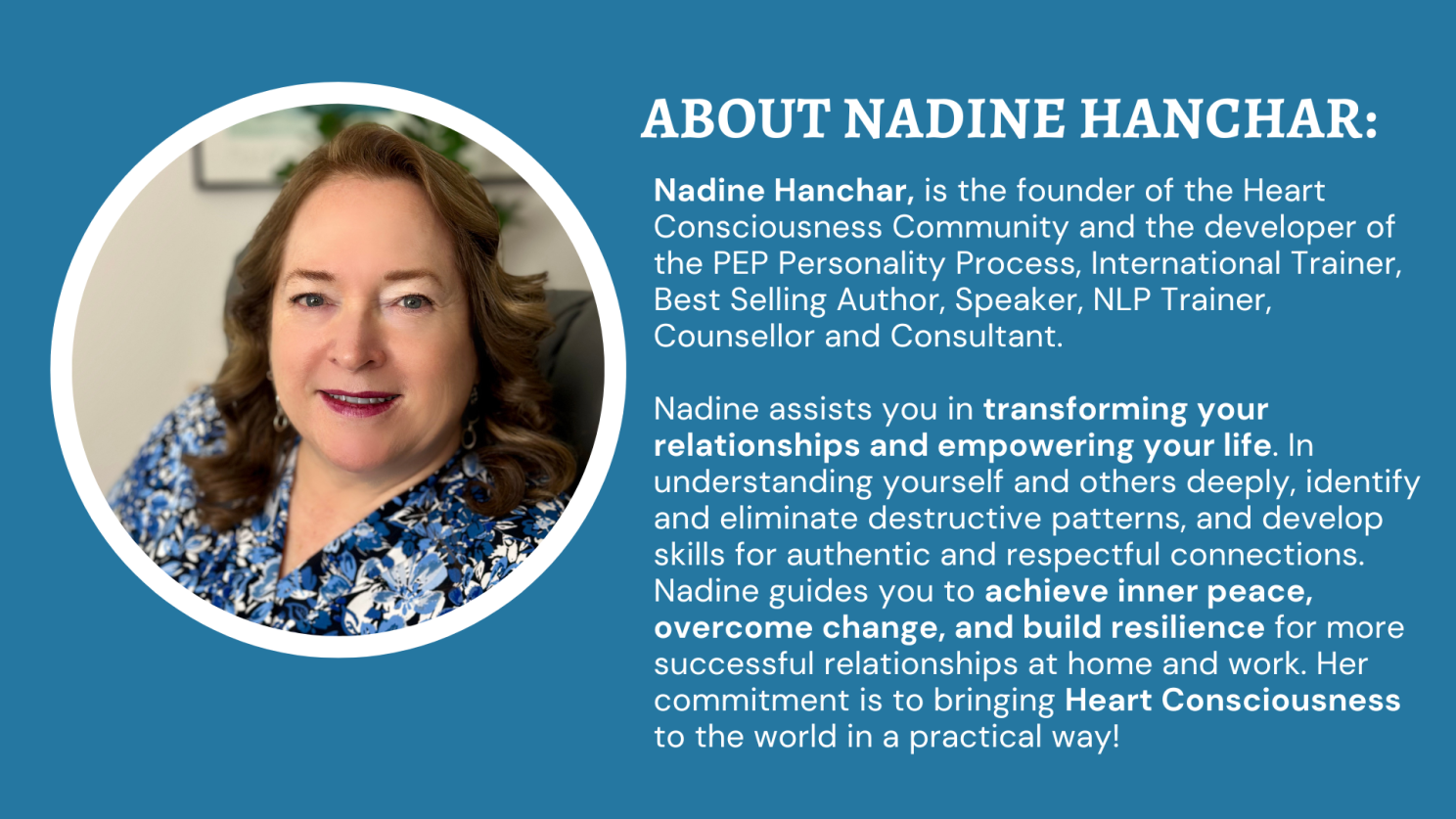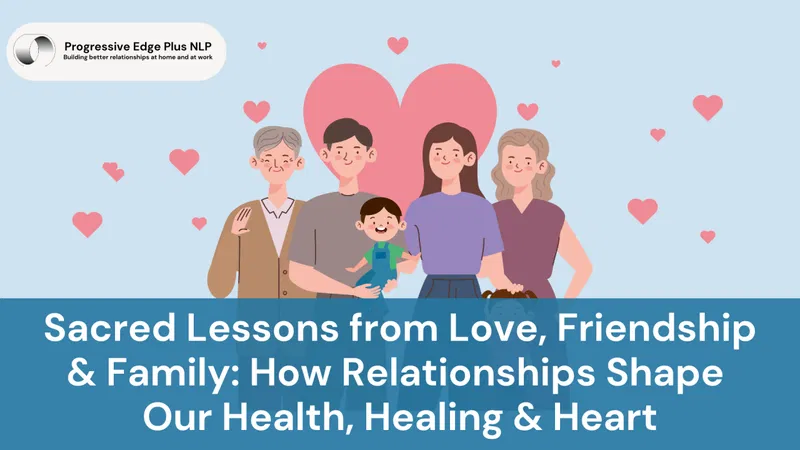Relationships are not just something we “have”—they are the very fabric of our human experience. Whether it’s a romantic connection, a deep friendship, or the bonds of family, relationships shape how we live, how we grow, and how we feel—emotionally, mentally, and even physically.
As the University of Central Florida wisely notes, positive relationships don’t just feel good—they’re essential to our health. They help regulate our immune and cardiovascular systems, reduce stress, and support a sense of purpose and vitality. They actually protect us from wear and tear on our bodies.
And that makes sense, doesn’t it? When we feel seen, heard, and loved, it fuels something deeper inside us. It nourishes our soul.
On the flip side, when relationships are filled with conflict, chaos, or disconnection, they can deplete us. Dr. Nicole Phillips, MD, reminds us that unstable or toxic relationships can increase depression and encourage unhealthy behaviors—like substance misuse or emotional shutdown. The impact is real.
So, what can we learn from the relationships in our lives—the nourishing ones and the painful ones? Here are some of the most powerful, soul-shaping lessons that love, friendship, and family can teach us:

1. Honesty is the Root of Real Connection
At the heart of any thriving relationship is truth—truth with ourselves and with one another. Honesty fosters trust, and trust makes it safe to be vulnerable, to express needs, and to grow together.
Being honest doesn’t just mean not lying—it means living with integrity. It’s asking yourself: What’s true for me right now? What’s not sitting well? What do I wish was different?
When we honor those inner truths and express them with calm, compassion, and clarity, we create the kind of relationships where real love can flourish. Even when honesty invites discomfort, it also invites transformation.
Growth Action: Practice one honest, heartful conversation this week—with yourself or with someone close.

2. Boundaries are Love in Action
Setting boundaries is not about rejection—it’s about respect. When we clearly communicate our needs, limits, and values, we honor both ourselves and the people in our lives.
Boundaries give relationships structure, safety, and the space to breathe. They let others know where we begin and where they end, and they help us stay connected without becoming enmeshed.
Boundaries are essential not only in romantic partnerships, but also with friends, family, colleagues, and even ourselves.
Growth Action: Identify one boundary you need to set or reinforce—then communicate it clearly and lovingly.

3. You Can’t Pour from an Empty Cup
Showing up for others begins with showing up for yourself. We often feel the pressure to support those we love, especially when they’re struggling. But if we neglect our own well-being, we risk offering help that is strained, resentful, or unsustainable.
Self-care isn’t selfish—it’s foundational. When we tend to our needs—through rest, nourishment, therapy, reflection, or spiritual practice—we build the strength to offer true, loving presence to others.
Growth Action: Schedule one act of self-nourishment this week. Treat it as sacred, because it is.

4. You Are Not Here to Fix or Carry Others
One of the hardest lessons—especially for the compassionate heart—is that we cannot change people who don’t want to change. No matter how much love or patience we give, true transformation must come from within.
Toxic behaviors like gaslighting, manipulation, control, and emotional withdrawal aren’t yours to fix. What you can do is hold your boundaries, love from a distance if needed, and refuse to abandon yourself for the sake of peace.
You are responsible for your energy—not for someone else’s behavior.
Growth Action: Let go of one area where you’ve been trying to “fix” someone. Reclaim that energy for yourself.

5. Compromise Creates Connection—But Not at the Cost of Your Core
Healthy relationships involve give and take. Whether it’s choosing where to eat or how to spend the weekend, compromise helps us co-create a shared life and show that we value each other’s needs.
But compromise should never mean betraying your deepest values or desires. There’s a big difference between being flexible and being self-abandoning.
Growth Action: Reflect on one area where you’ve been over-compromising. What would a more balanced agreement look like?

In Closing…
Relationships are where we learn to love, to let go, to listen, and to grow. The lessons they bring us—whether joyful or painful—are invitations to come home to our true selves.
Let your relationships be a reflection of your deepest values: Heart. Integrity. Compassion. Growth. And a desire to truly make a difference—not only in the lives of others but in your own.
Keep showing up with honesty, set boundaries that honor your well-being, and never forget: the most sacred relationship you will ever have is the one you have with yourself.


